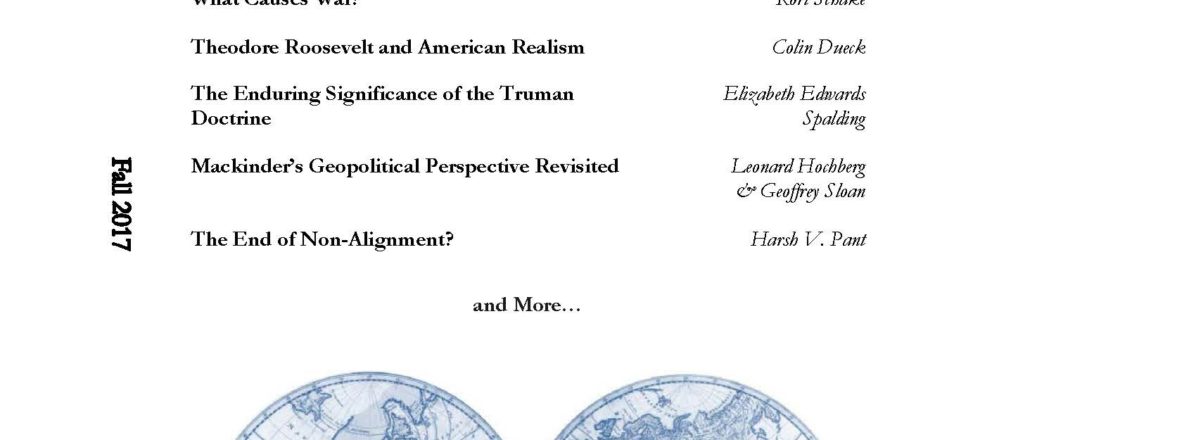A nation must think before it acts.
Last year, I lectured to a visiting class of new generals and admirals from the People’s Liberation Army (PLA) at the National Defense University in Washington. My briefing presented my research on why major conflict in the next ten years was more likely than in the past two decades. One of the factors discussed in the course of my hour-long lecture was the reemergence of great power competition and the shift in the international order from a unipolar structure to a less stable multi-polar system. The briefing discussed the so-called “Thucydides’s Trap,” employed by Harvard University Professor Graham Allison. Famous for his early analysis of the Cuban Missile Crisis, Allison has had a distinguished career as a scholar, a policy practitioner in the Pentagon, and as Director of the Belfer Center at Harvard.
The “trap” involves the structural stress perceived by the interactions of a rising power whose ascension might displace a power which is waning relative to the newcomer. In his classical account of the Peloponnesian War between the Greeks, Thucydides is translated as saying that the war was “inevitable” due to the growth of power in Athens and the fear it caused in Sparta. To Allison, the rising power becomes an upstart with expectations of increased status that borders on hubris, while the established polity ponders its decline with some discomfort and fear. The dialectic between these perspectives creates a “trap” that leads to war.
The students had my briefing notes translated in advance, and previously held classes in Beijing on Allison’s argument and I was assured they would be prepared to respond. The presentation was expected to stimulate these rising PLA stars into an open discussion about Asia-Pacific stability.




